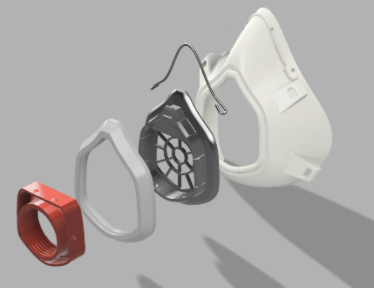Posts Tagged ‘n95’
Berkeley Material Scientists designs recharge able N95 mask
Berkeley Material Scientists designs rechargeable N95 mask December 9th, 2020 The COVID19 Pandemic has exposed the limits of even the most efficient of masks used by first responders. N95 masks, considered the “gold standard” for anti-viral protection, is only recommended to be worn once and require a tight fit around the mouth and nose. “Urban…
Read More